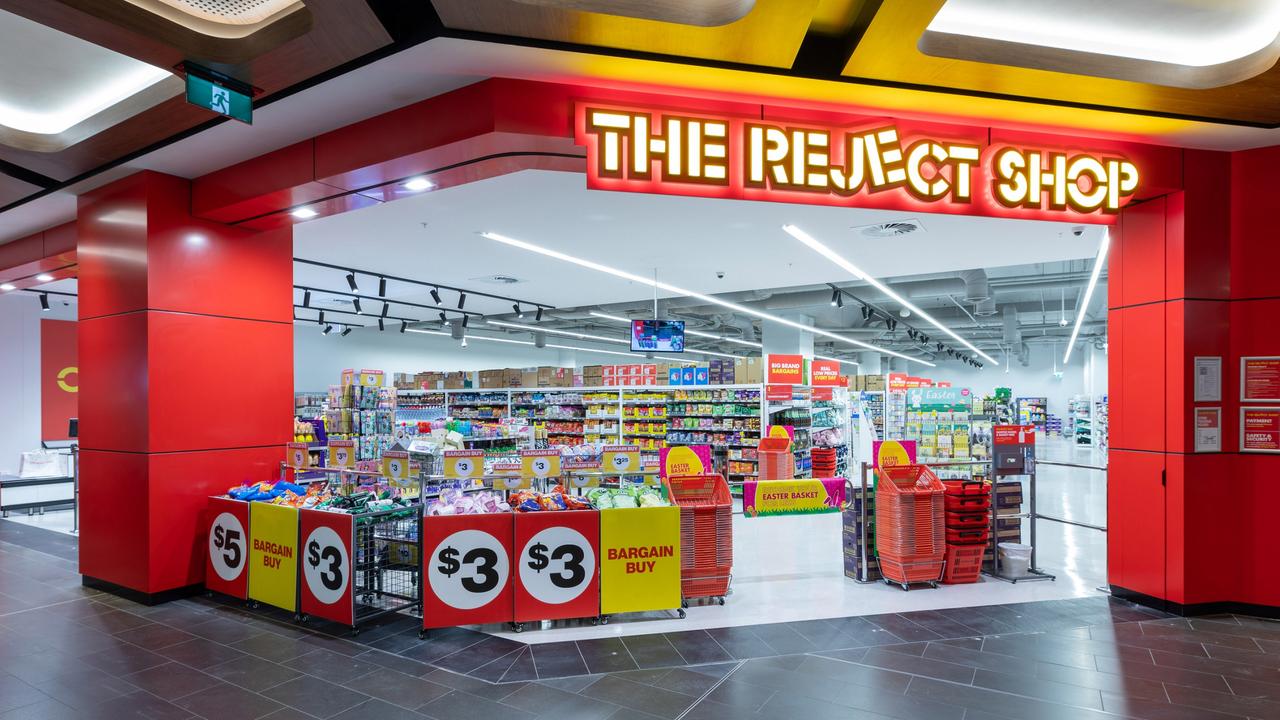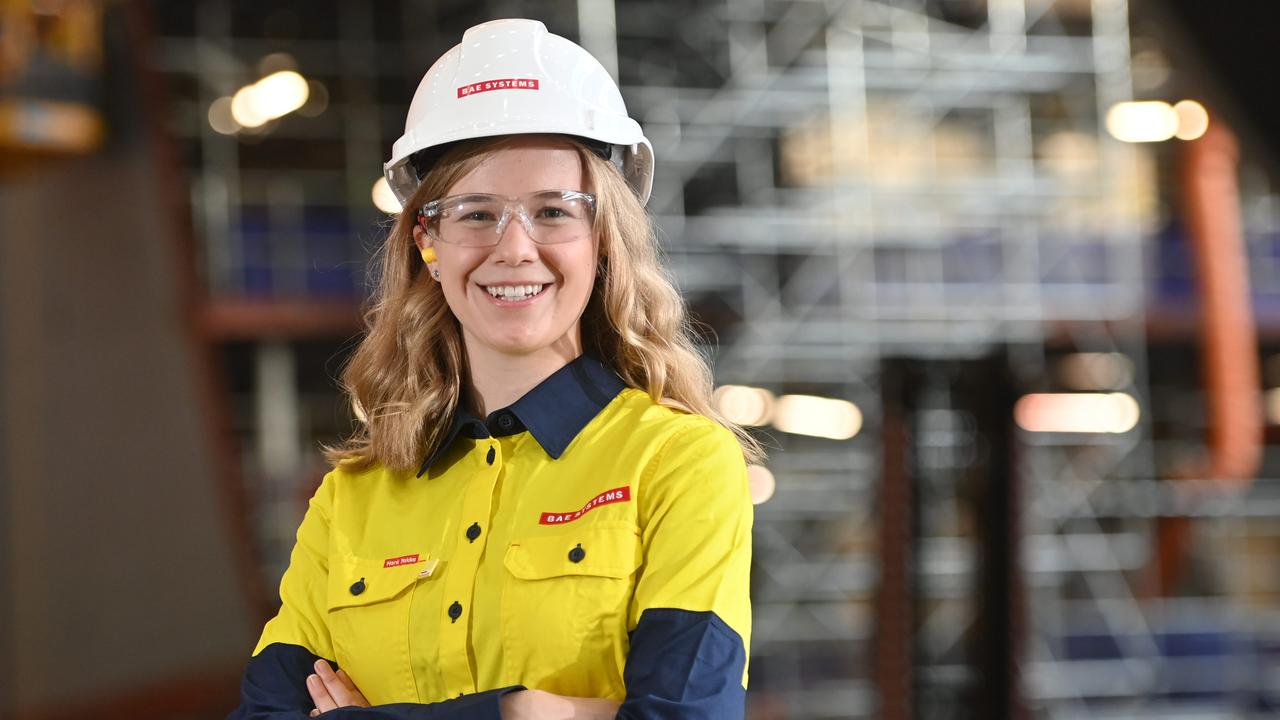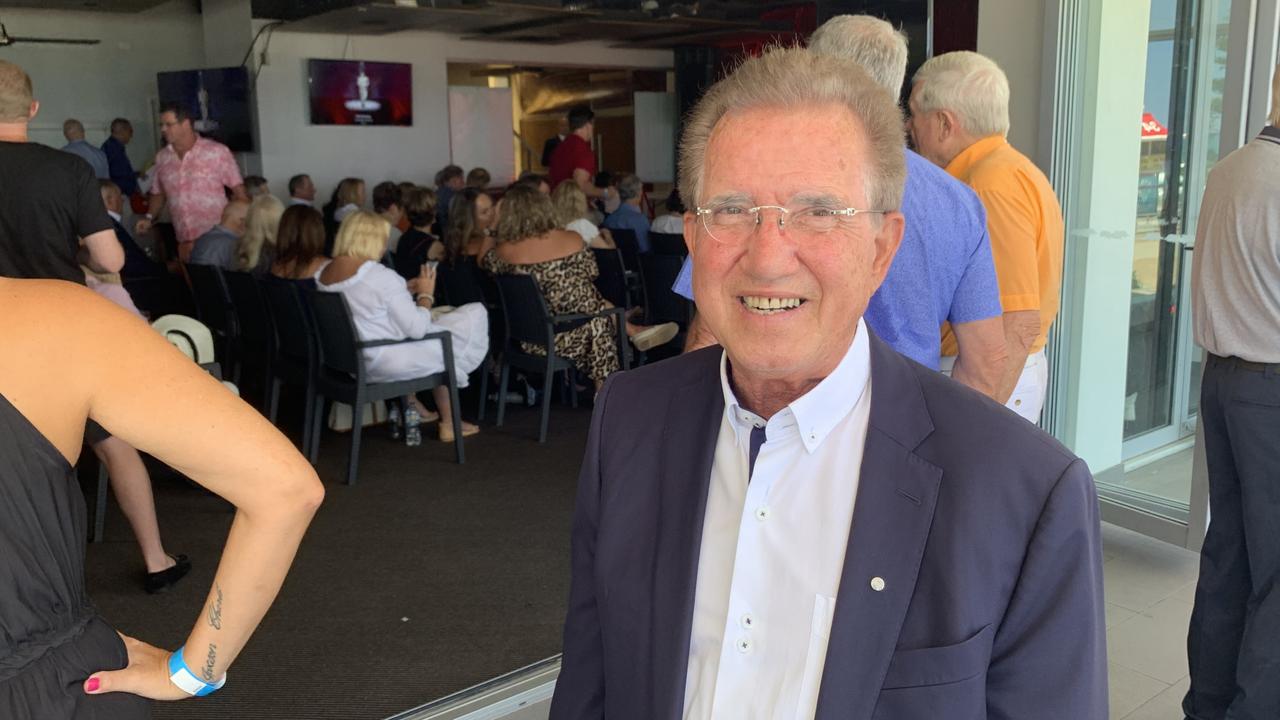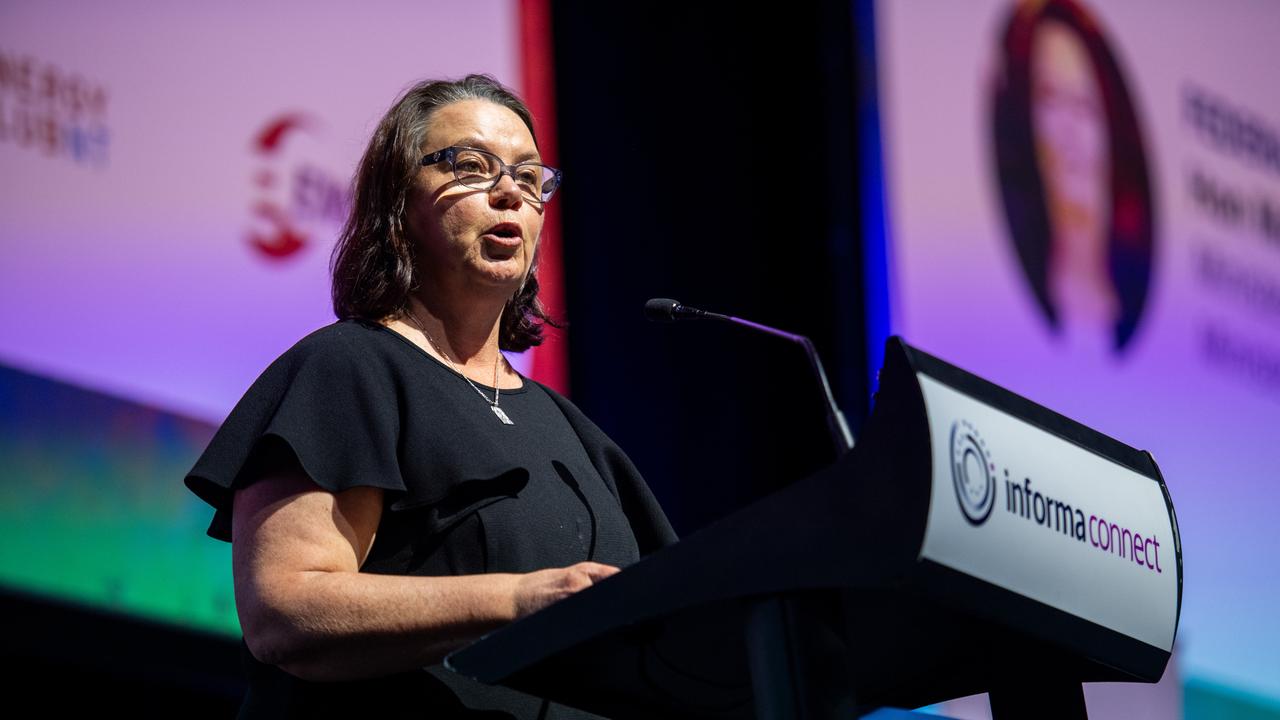David Paradice, legendary fund manager, says unrealised capital gains tax ‘bad for economy’
High-profile fund manager David Paradice warned that taxing unrealised gains on superannuation holdings over $3m will make super an unattractive investment for many Australians.
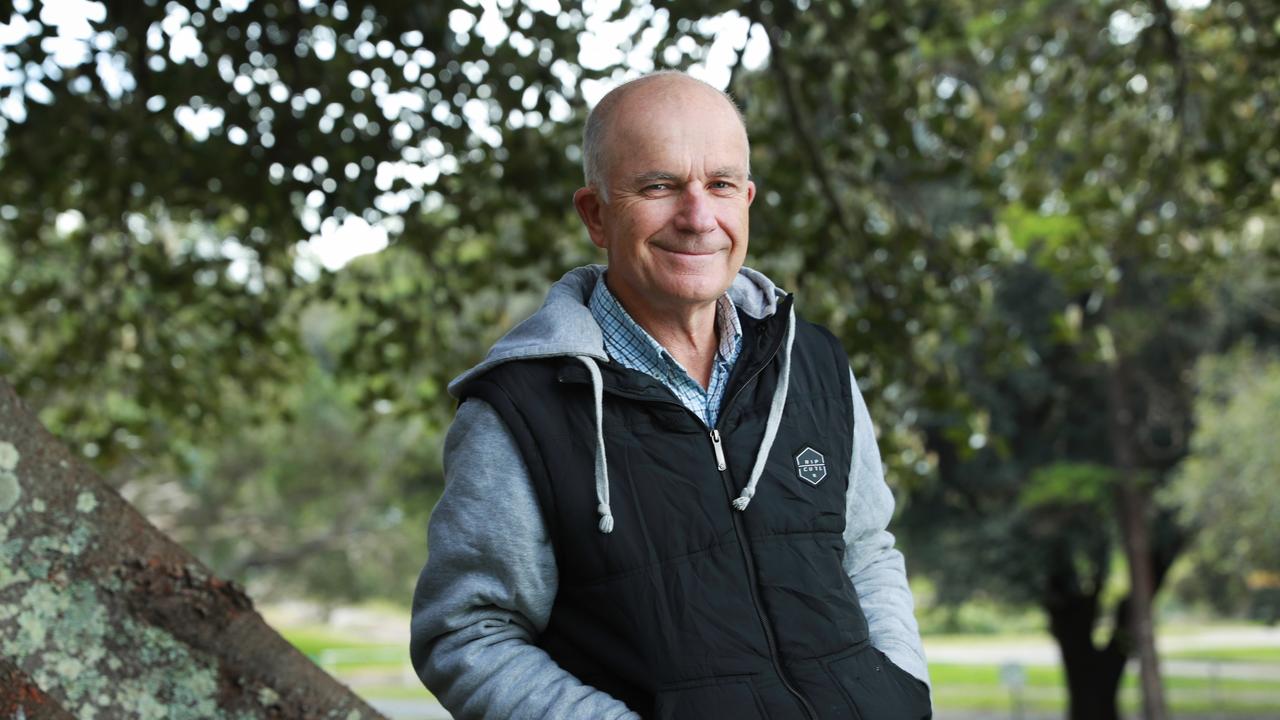
Business
Don't miss out on the headlines from Business. Followed categories will be added to My News.
High-profile fund manager David Paradice has warned that taxing unrealised gains on superannuation holdings over $3m will make super an unattractive investment for many Australians and will not raise the revenue the government expects.
Mr Paradice, whose Paradice Investment Management manages around $17bn in assets, said the controversial reforms would force people to sell assets or switch investment strategies, and that would ultimately be bad for the economy.
Labor wants to impose a 30 per cent tax on unrealised capital gains made in superannuation accounts worth $3m or more, without any indexation. However, the proposal has triggered anger among big business, with a roll call of leading chief executives and chairs voicing their opposition to the scheme.
“The weird thing is you are going to have to sell assets to pay for those unrealised gains,” said Mr Paradice. “It doesn’t seem like a very smart strategy because people will start moving assets around. The revenue won’t be there and it will stuff up everybody’s super.
“The idea of super is that it takes the burden off the government and people have a pension when they hit 65 or whatever it is. I’m not sure the revenue is there and it’s really silly to tax unrealised gains.”
Mr Paradice said that because the proposed reform was not subject to indexation, it would impact more people as time progressed. “It’s mainly the issue of unrealised gains and that people will have to start selling stuff to pay for it,” he said. “It’s important to have super investments compounding and it just means people just won’t want to have super, which is bad for the economy in the end.”
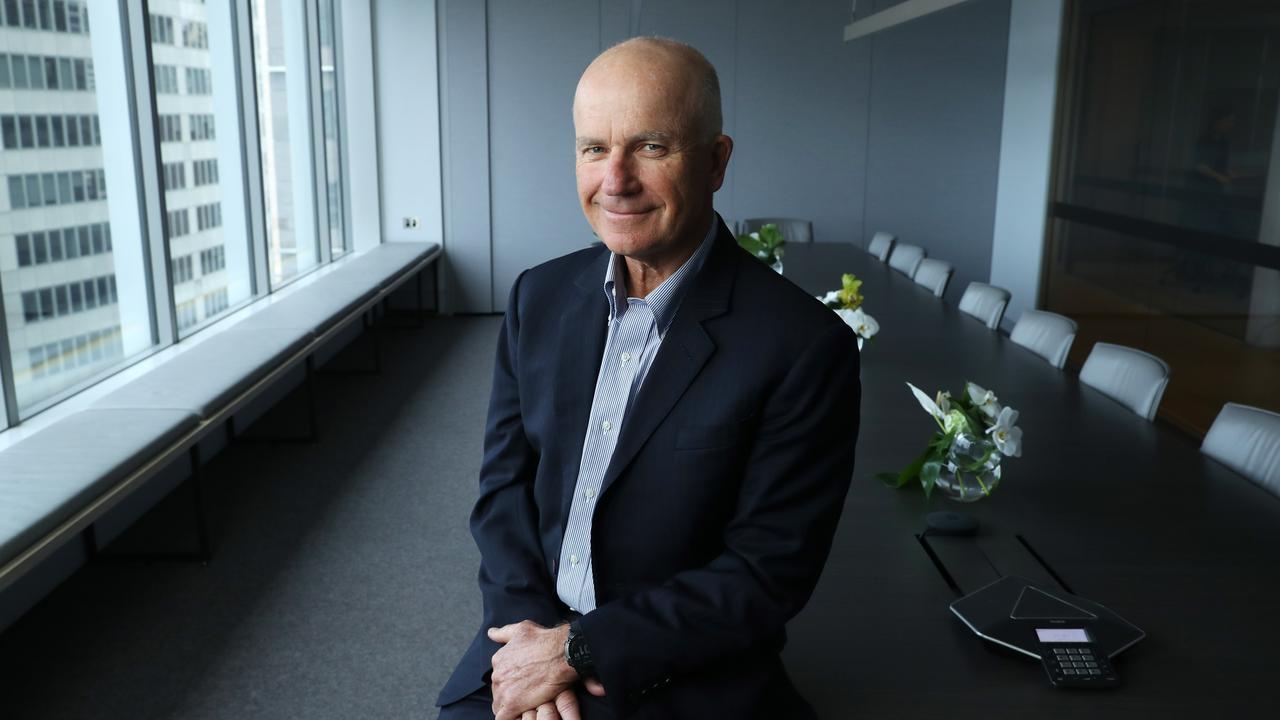
Mr Paradice joins business leaders, including Ryan Stokes and Geoff Wilson, who fear the changes will damage not only the savings of many Australians but could have a broader impact on investment conditions.
Some of the country’s largest super funds are also believed to be lobbying Labor for aspects of the reforms to be scrapped to avoid a broader cohort of Australians being targeted as salaries and contributions expand over the years.
Australian Retirement Trust, which manages more than $330bn in retirement savings, said that while it was supportive of the federal government’s tax changes to super accounts with a balance above $3m, there should be some form of regular review mechanism or indexation in place to ensure the policy remains aligned into the future.
AustralianSuper, which manages $367.3bn, in a submission to the federal government in 2023 said that indexing the $3m threshold would “provide greater certainty and promote stability which is important given the long-term horizon of superannuation savings”.
Mr Paradice said the unrealised gains changes come as big super funds are being pressured by the government to meet certain benchmarks. Under the Your Future, Your Super program, funds are required to report their performance annually against a range of asset class benchmarks.
“This has meant the big superannuation funds, which now manage about $4 trillion, are encouraged to do more benchmarking (involving investment in larger companies), which means they are not providing the seed funding for companies when they’re smaller. It really is a misallocation and it means companies like Fortescue might not have gotten started. I can say first hand that people are switching out of our small fund into larger funds. I think it’s a massive issue.”
More Coverage
Originally published as David Paradice, legendary fund manager, says unrealised capital gains tax ‘bad for economy’






